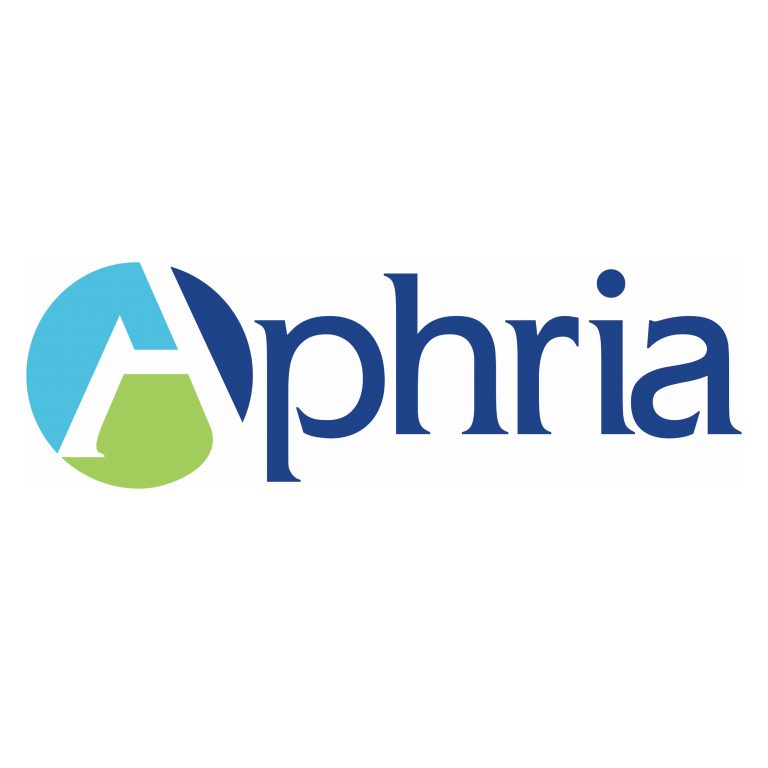
A handful of billion-dollar medical marijuana companies control the space in Canada. One of the most well-known is Aphria Inc (TSE:APH), the Ontario-based producer, grow and retailer, headed up by former Ernst & Young partner Victor Neufeld. In Canada, medical marijuana is big business, with the countrywide market expected to be worth a little over $1.1 billion by 2020. In the US, however, the market is far bigger and growing faster than that of its above-the-border counterpart.
During 2016, the total medical marijuana industry was estimated to be worth $5.6 billion in the US.
Unsurprisingly, those companies at the forefront of the space in Canada are looking for ways to break into the US market and the above-mentioned Aphria has taken steps over the last six months to do exactly that. Back in April, the company made a strategic investment in an entity called DFMMJ Investment Ltd and then immediately announced that the latter would be acquiring all or substantially all of the assets of an entity called Chestnut Hill Tree Farm LLC, a Florida nursery authorized by the Florida Department of Health, Office of Compassionate Use, as a dispensing organization of medical cannabis to patients in need in the State of Florida.
DFMMJ then reverse merged into a publicly traded entity called SecureCom Mobile Inc, which resulted in a new company, what might be considered a sister company of Aphria, called Liberty Health Sciences.
As of last week, this entity now trades over the counter in the US under the ticker Liberty Health Sciences Inc. (LHSIF) (OTCMKTS:SCQBF).
Essentially what we’ve got here, therefore, is a subsidiary of Aphria that trades publicly in the US and that allows Aphria to conduct operations in the US market (and thereby allows it direct access to the opportunity for growth in said market) without having to run things through the parent company. Liberty Health Sciences also has access to Aphria’s technology and name in return for a 3% royalty on sales, and the above-mentioned Neufeld holds a board seat on the former.
So that’s where things stand, where is the opportunity here?
Well, the first foray into the US market for Aphria, by way of Liberty Health Sciences, is the Chestnut Hill Tree Farm property mentioned above. It’s one of just 11 license holders for growing and distributing medical marijuana in Florida and, with the backing of a Canadian medical marijuana behemoth like Aphria, it has a significant competitive advantage over of the license holders in the state.
So how big is the Florida medical marijuana market?
Right now, the leaders in medical marijuana in the US are Colorado and California. Over the coming five years, however, market analysts expect this to change dramatically. By 2020, Florida is projected to have a larger medical marijuana market than Colorado, with the former boasting a market size of $1.6 billion versus $1.5 billion for the latter, and there are more than 6 million qualifying patients within a total population of a little over 20.6 million individuals in the state.
By far and away the largest population of patients within this 6 million qualifying patient count suffer from arthritis, with this latter indication accounting for two-thirds of the target patient base. With that said, outside of arthritis, there are also a number of other indications including PTSD, glaucoma and HIV, all of which could benefit from medical marijuana administration.
To add a direct comparison to the Canadian market, as things stand, Canada has approximately 800,000 individuals qualifying as patients per license. Florida, in comparison, has more than 1.9 million patients per license. Consider the fact that, as mentioned above, Chestnut Hill Tree Farm, and by proxy, Liberty Health Sciences and Aphria, hold one of just 11 licenses issued in the state and it’s easy to see why Aphria is pushing its way into the US market ahead of its competitors.
So where is the growth coming from near term?
The property currently held by Liberty Health Sciences covers 13,000 ft.² and has the capability to serve just shy of 10,000 customers annually with a maximum output capacity of around 700 kg. By December 2019, Liberty Health Sciences expects to have increased facility size to more than 400,000 ft.² allowing for 25,000 kg in annual production to serve more than 40,000 patients in the state.
The company also expects to expand its distribution network (made up primarily of dispensaries) to include Fort Lauderdale, Miami, Jacksonville, Orlando, Tallahassee, Tampa and Pensacola by early 2018, with each additional region allowing increased penetration towards the above mentioned 1.9 million individuals served per license in Florida.
Outside of Florida, Liberty Health Sciences has also applied for a license in Ohio (which is expected to be granted this month or next) with the goal being to build a production facility from scratch once issuance takes place.
Again, licenses are limited in Ohio (12 in total) and if Liberty Health Sciences can pick one up it offers Aphria further penetration into the US market, with a potential 2.8 million qualifying patients residing in the state.
At last count, as of August 25 this year, Aphria had $10 million cash on hand and no debt, with 8.75% insider ownership and a little over 38% of the company was owned by notable shareholders. This removes a large portion of the dilution risk normally associated with these growth-type companies from the equation.
Both management and board for Liberty Health Sciences is strong, primarily consisting of individuals that command various roles in Aphria, something that really sets this company aside from many of the younger, less experienced companies trying to secure a portion of this fast-growing space right now.




